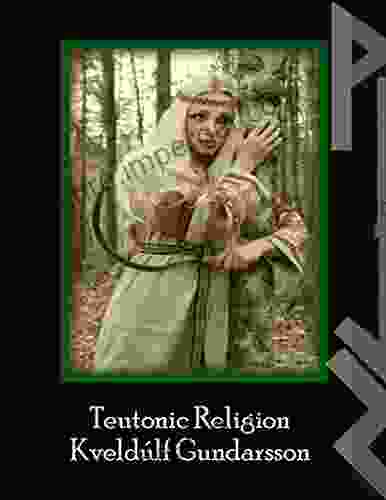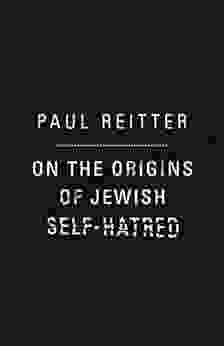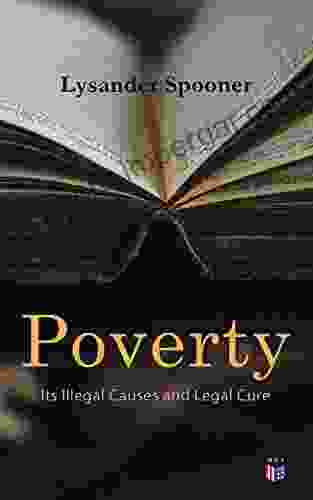Unveiling the Deep Roots of German Spirituality: The Teutonic Way Religion

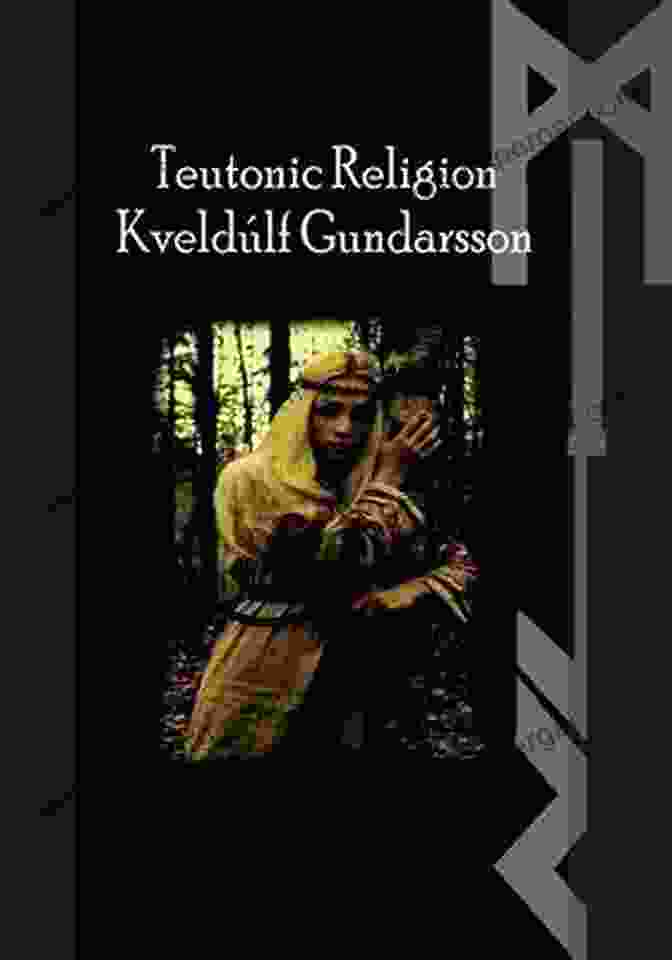
A Journey into the Heart of German Spirituality
Nestled within the rich tapestry of German history and culture lies a fascinating and often overlooked spiritual tradition: the Teutonic Way Religion. Unlike the more familiar Christianity that came to dominate the region, the Teutonic Way Religion was a unique blend of ancient pagan beliefs, Germanic mythology, and early Christian influences.
This enigmatic tradition played a profound role in shaping the German psyche, leaving an enduring mark on its art, literature, and folklore. By delving into the depths of the Teutonic Way Religion, we can gain a deeper understanding of the cultural underpinnings and spiritual aspirations of the German people.
Origins of the Teutonic Way Religion
The roots of the Teutonic Way Religion can be traced back to the ancient Germanic tribes who inhabited Central and Northern Europe before the rise of Christianity. These tribes held a deep reverence for nature, believing that the world was inhabited by a multitude of gods, spirits, and mythical creatures.
Their religious practices centered around sacred groves, where they gathered for rituals, sacrifices, and divination. They believed in a cycle of life, death, and rebirth, and their mythology was filled with tales of heroes, gods, and the eternal battle between good and evil.
The Influence of Christianity
As Christianity spread throughout Europe, it encountered the deeply entrenched beliefs of the Germanic tribes. Missionaries sought to convert these tribes, but often found that they could not easily eradicate pagan traditions. Instead, they adapted Christian teachings to fit within the existing Teutonic Way Religion.
This resulted in a unique blend of beliefs and practices that characterized the Teutonic Way Religion. Christian saints and martyrs were incorporated into Germanic mythology, while pagan rituals and festivals were reinterpreted in a Christian context.
Key Beliefs and Practices
Despite the influence of Christianity, the Teutonic Way Religion retained many of its core pagan beliefs. These included:
* A reverence for nature: The natural world was seen as sacred, a manifestation of the divine. * Belief in a pantheon of gods: The Teutonic Way Religion recognized a hierarchy of gods, each with their own powers and responsibilities. * Importance of rituals and sacrifices: Religious ceremonies were an integral part of the Teutonic Way Religion, involving sacrifices, prayers, and feasting. * Emphasis on kinship and community: Family and clan played a central role in Teutonic society, and religious practices often revolved around these social units.
Symbolism and Runes
The Teutonic Way Religion used a rich array of symbols and runes to represent its beliefs and practices. These included:
* The World Tree: A vast ash tree that represented the entire cosmos, connecting the heavens, the earth, and the underworld. * The Hammer of Thor: A powerful symbol of strength and protection, associated with the god Thor. * The Valknut: A symbol of Odin, the king of the gods, and his power over life and death. * Runes: An ancient alphabet used for divination, magic, and communication. Each rune had its own unique meaning and power.
Literary and Artistic Expressions
The Teutonic Way Religion found expression in various forms of art and literature, including:
* Germanic mythology: The epic sagas and poems of the Norse and Anglo-Saxons preserved many of the myths and legends of the Teutonic Way Religion. * Early German literature: Works such as the "Nibelungenlied" and "Parzival" reflected the influence of the Teutonic Way Religion on German culture. * Medieval art: Many churches and cathedrals in Germany incorporate elements of Teutonic symbolism, such as carvings of the World Tree or runes on baptismal fonts.
Enduring Influence
Although the Teutonic Way Religion was gradually absorbed into Christianity, its influence can still be seen in German culture today. Elements of Teutonic paganism, such as the veneration of nature and the use of runes, continue to resonate with Germans of all backgrounds.
Moreover, the Teutonic Way Religion has inspired modern spiritual movements, including Germanic Neopaganism and Asatru. These movements seek to revive the ancient beliefs and practices of the Teutonic ancestors.
The Teutonic Way Religion is a fascinating and complex spiritual tradition that played a pivotal role in shaping German culture and thought. By exploring its origins, beliefs, practices, and enduring influence, we gain a deeper understanding of the German people and their connection to the natural world and the eternal mysteries of life.
For those seeking to delve into the depths of this ancient tradition, "The Teutonic Way Religion" book is an indispensable resource. Written by a leading scholar in the field, this comprehensive work provides a thorough examination of the Teutonic Way Religion, its historical development, and its profound impact on German society and culture.
Through a rich tapestry of historical accounts, mythological tales, and captivating imagery, "The Teutonic Way Religion" illuminates the vibrant spiritual landscape of the Germanic people, offering a unique glimpse into a world that has long fascinated and inspired.
Do you want to contribute by writing guest posts on this blog?
Please contact us and send us a resume of previous articles that you have written.
 Book
Book Novel
Novel Page
Page Chapter
Chapter Text
Text Story
Story Genre
Genre Reader
Reader Library
Library Paperback
Paperback E-book
E-book Magazine
Magazine Newspaper
Newspaper Paragraph
Paragraph Sentence
Sentence Bookmark
Bookmark Shelf
Shelf Glossary
Glossary Bibliography
Bibliography Foreword
Foreword Preface
Preface Synopsis
Synopsis Annotation
Annotation Footnote
Footnote Manuscript
Manuscript Scroll
Scroll Codex
Codex Tome
Tome Bestseller
Bestseller Classics
Classics Library card
Library card Narrative
Narrative Biography
Biography Autobiography
Autobiography Memoir
Memoir Reference
Reference Encyclopedia
Encyclopedia Liz Stavrinides
Liz Stavrinides Sax Rohmer
Sax Rohmer Lynne Morley
Lynne Morley Louise Kettle
Louise Kettle Linda Sunshine
Linda Sunshine Ray Desmond
Ray Desmond Marc Freeman
Marc Freeman Malcolm Kendrick
Malcolm Kendrick Linda Finlay
Linda Finlay Lynda Faye Schmidt
Lynda Faye Schmidt Luke Timothy Johnson
Luke Timothy Johnson Liam Scheff
Liam Scheff Sonya Judd
Sonya Judd Maggie Masters
Maggie Masters Magic Brain
Magic Brain Liz Jones
Liz Jones Elizabeth Kerri Mahon
Elizabeth Kerri Mahon Louis J Prosperi
Louis J Prosperi Walker A Tompkins
Walker A Tompkins Lorett Treese
Lorett Treese
Light bulbAdvertise smarter! Our strategic ad space ensures maximum exposure. Reserve your spot today!

 Mikhail BulgakovVeterans And Military Families In The Anti Iraq War Movement Social Movements
Mikhail BulgakovVeterans And Military Families In The Anti Iraq War Movement Social Movements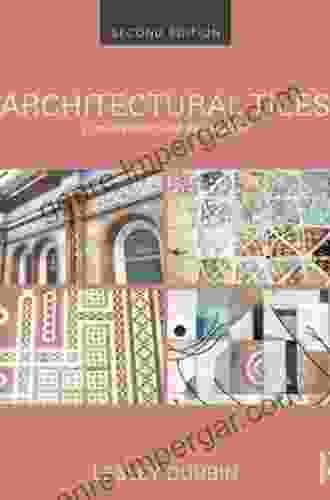
 José SaramagoArchitectural Tiles Conservation and Restoration: A Comprehensive Guide to...
José SaramagoArchitectural Tiles Conservation and Restoration: A Comprehensive Guide to... Ralph EllisonFollow ·19.8k
Ralph EllisonFollow ·19.8k Philip BellFollow ·12.5k
Philip BellFollow ·12.5k Troy SimmonsFollow ·5.6k
Troy SimmonsFollow ·5.6k Morris CarterFollow ·7.7k
Morris CarterFollow ·7.7k Derrick HughesFollow ·8.3k
Derrick HughesFollow ·8.3k Chance FosterFollow ·13.9k
Chance FosterFollow ·13.9k Quincy WardFollow ·10.3k
Quincy WardFollow ·10.3k Mario SimmonsFollow ·3.1k
Mario SimmonsFollow ·3.1k

 J.D. Salinger
J.D. SalingerThe Montefeltro Conspiracy Renaissance Mystery Decoded
In the heart of the Italian Renaissance, a...
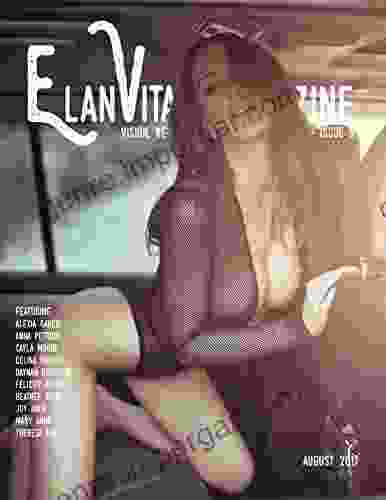
 Ryūnosuke Akutagawa
Ryūnosuke AkutagawaElan Vital Magazine: A Literary Sanctuary for the Mind...
In this fast-paced digital age, where...
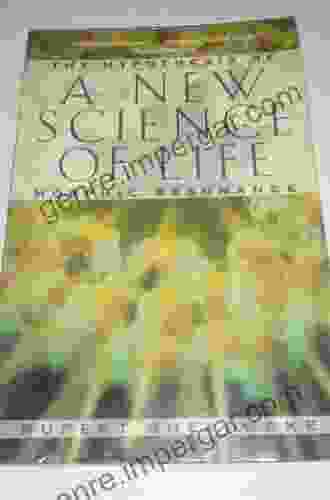
 Derek Bell
Derek BellCode Biology: Unveiling the New Science of Life
Every living organism, from...
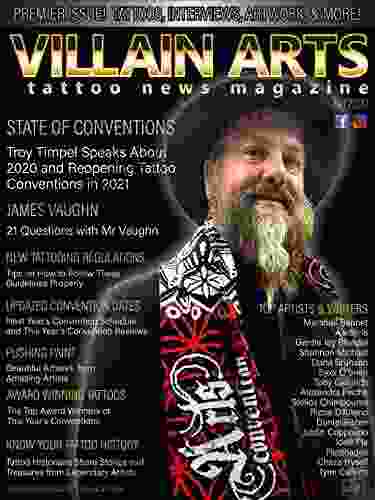
 Rick Nelson
Rick NelsonUnleash the Darkness: Dive into the World of Villain Arts...
Prepare to be...
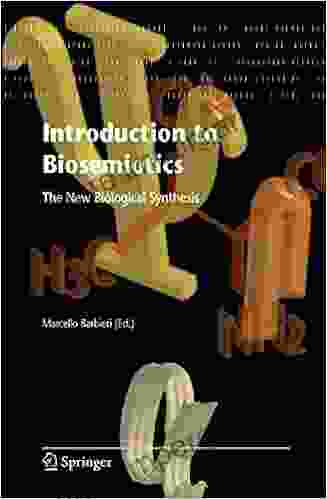
 Tony Carter
Tony CarterEmbark on a Scientific Odyssey: Unveil the Secrets of...
In an era where environmental concerns...


